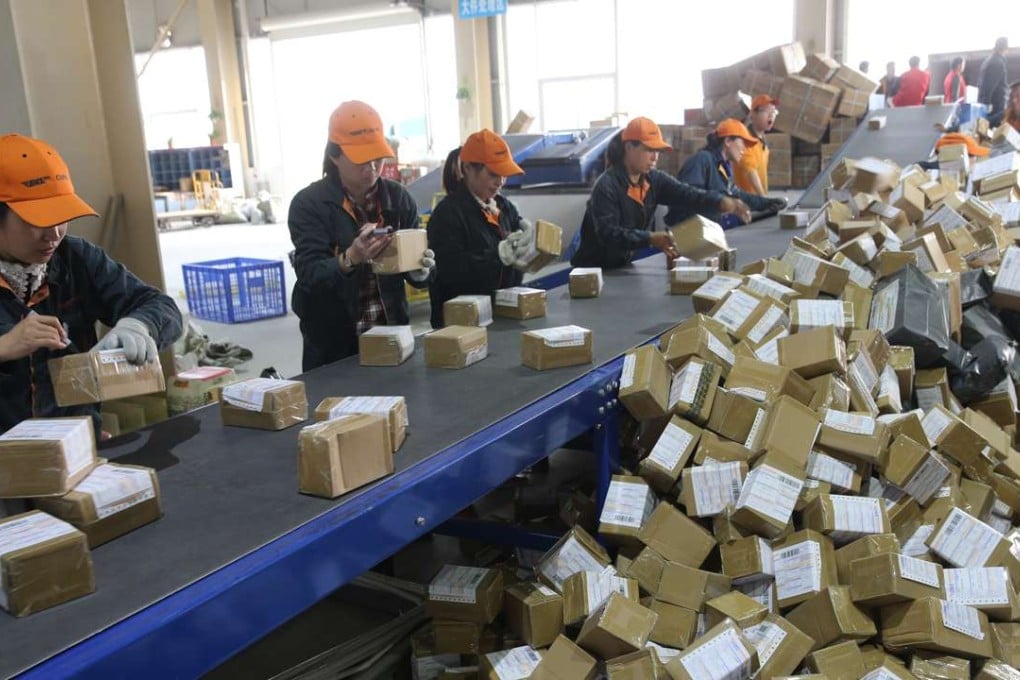New | That’s the sound of the cash register as Alibaba braces for another bumper Singles Day
Online shopping on Taobao and TMall may rise 30 per cent to 600 million transactions on November 11

Alibaba Group, the world’s largest retailer, said it’s bracing for a bumper day on November 11, when China’s online shoppers are expected to log 600 million transactions through its Taobao Marketplace and TMall platforms.
This year’s transactions on Singles Day - denoted by the numbers 11.11 - may increase 30 per cent from last year’s 467 million, according to Judy Tong, chief executive of Cainiao Network Technology, which coordinates the deliveries and handles the data of transactions on Taobao and TMall.
“We are fully prepared for deliveries, even if the deal number breaks through 600 million,” Tong said in an interview. “Cainiao has been gelling with our partners to get the job done.”
Purchases on Singles Day - started and trademarked by Alibaba in 2012 - have become a bellwether of consumer demand in the world’s most populous country, in the same way that the annual Black Friday shopping spree after Thanksgiving Day sets the tone for the US Christmas shopping season.
Taobao and TMall sites are already among the 20 most frequently visited websites on earth. Their combined November 11 sales rose 54 per cent last year to US$14.3 billion, after increasing 60 per cent in 2014 to US$9.3 billion.
Founded in 2013, Cainiao now partners with the top 15 delivery firms in China and processes 42 million packages a day.